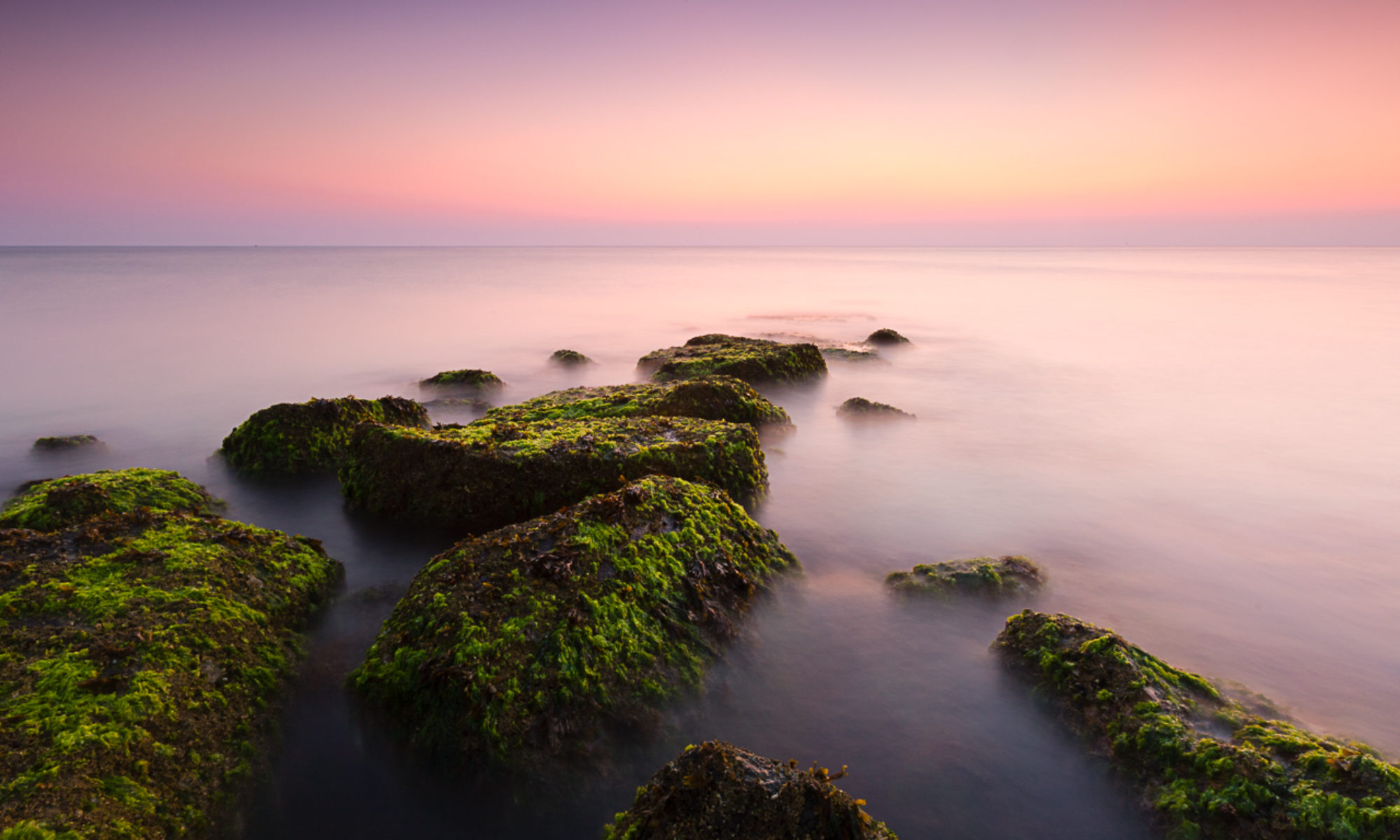I continue to ruminate on the idea of artist’s communities and in particular what does it take to build and sustain an effective group. I was surprised to find relatviely little written on this topic until I asked, and answered for myself, the following questions:
- What do you get out of it?
- What do you contribute to the group?
- What is the optimal size of such a group?
How would you answer these questions?
For me this kind of group would provide both support and accountability. It would provide me with access to experience that I currently don’t have, to feedback about current directions that I’m heading in and provide me with the impetus to keep going.
In addition to being generally supportive of others in the group I would imagine that in such a group everyone has overlapping skills but expertise in specific areas. Each member could as requested teach and share their unique expertise with the rest of the group to help all move forward.
I always feel as though if you are at dinner with a group of more than 6 you really only interact with your nearest neighbors anyway, ~ 5 others, so this is the right number for a dinner party for me and it feels about the right size to me for one of these artists groups. Small enough to be able to really know the other people in the group.
After unpacking this for myself I realized that what I was describing was what is now commonly referred to as a ‘mastermind group’, something that most people trace back to Napoleon Hill’s book ‘Think and Grow Rich’. I read this book 15 years ago and had a quick skim through it again when I was writing this. The language is archaic, making it hard work to get through.
Hill was of course focused on how you can accumulate money and the mastermind group was a tool that would let you develop and vet your plans with a team of people that complemented your skills. Not quite what I had in mind. I was thinking more along the lines of ‘to help you develop mastery and achieve your goals‘.
